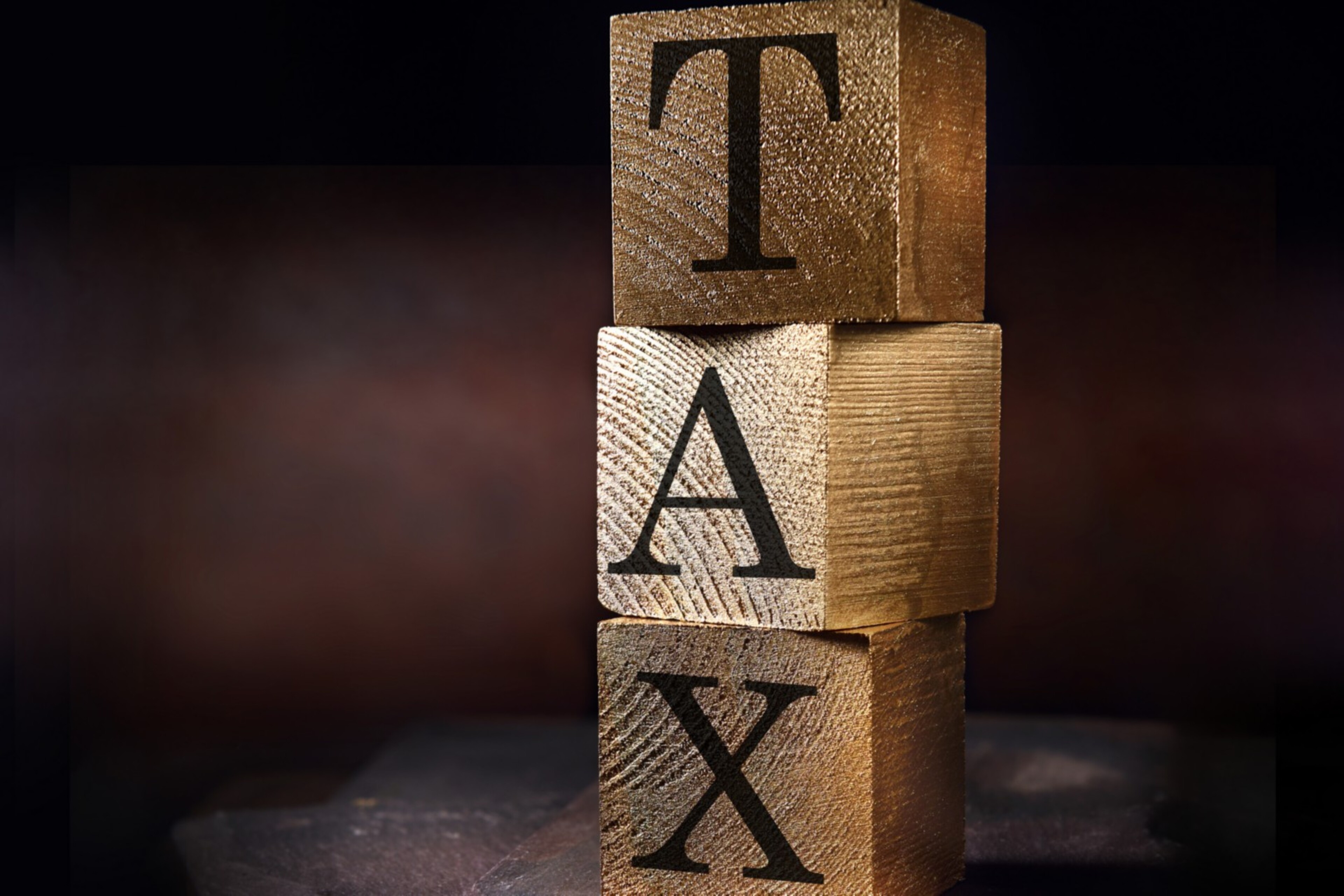EY refers to the global organization, and may refer to one or more, of the member firms of Ernst & Young Global Limited, each of which is a separate legal entity. Ernst & Young Global Limited, a UK company limited by guarantee, does not provide services to clients.

Widening the scope may help plug loopholes and gather effective data for better analytics and tax planning.
In brief
- Recent budgets have seen a widening of the dividend withholding tax net, with the objective of fostering compliance, plugging leakages, and gathering data to enable analytics and intelligence.
- Budget 2023 continues this trend and introduces new proposals to extend withholding taxes requirement to more areas or to increase the amount of tax to be deducted/collected.
- Still, there are certain clarifications required in TDS related proposals.
Finance Bill, 2023 proposes to withdraw the current TDS exemption u/s 193 on interest payable to residents on listed debentures in dematerialized mode. The stated objective is to address the under-reporting of interest income by the recipient due to the TDS exemption. Such TDS is also proposed to apply to listed market-linked debentures, to be taxed as short-term capital asset at applicable rates, since the issuers of such instruments may regard the return on such instrument as interest.
TDS shall apply even if interest is credited to ‘interest payable’ or ‘suspense account’ in the book of accounts. This raises a challenge on the applicability of TDS on ‘interest accrued but not due’ credited in books, since the identity of the debenture holders to whom such interest will be ultimately paid on the coupon date may not be ascertainable. Companies can rely on a Mumbai Tribunal ruling1 to defend non-applicability of TDS in such a case, but it would be desirable for the government to clarify the position to prevent unwarranted litigation.
All foreign remittances under Liberalized Remittance Scheme (LRS) except those related to education and medical treatment will be subject to enhanced TCS of 20% (with no threshold) instead of 5% earlier that kicked in after a threshold of INR7 lakhs. The decision to increase the TCS rate may be revisited and the objective of capturing transactions can be very well achieved even with a lower TCS rate. The honest taxpayer, including the middle- class salary earner and senior citizens, will now need to shell out a larger amount of funds at the time of remittance. Also, in case the taxpayer has already paid advance tax or is sufficiently covered by TDS (like salaried employees), he will need to claim a refund for the excess TCS, which results in avoidable blockage of funds.
Remittances for education and medical treatment will continue to be governed by the current lower TCS of 5%2 and INR7 lakhs threshold. However, Indians going abroad for education opportunities or medical treatment also bear other ancillary expenses, such as accommodation, food, living expenses and travel. Such expenses may be covered under ‘educational or medical purposes’.
The increased TDS rate on overseas tour package may also impact the integrated domestic tour operators and the overall tourism industry. These tours are taken by many aspirational middle-class taxpayers and senior citizens, who would now need to pay a higher amount upfront. The long wait till the filing of returns for getting refunds, if any, may deter them from opting for overseas tours. The government may clarify through explicit amendment or a Circular that the employer can consider such TCS for salary withholding purposes.
Taxation of any benefit or perquisite, whether convertible into money, arising from business or exercise of a profession, has been a subject of much debate after it was introduced last year. Some courts3 have interpreted that if the benefit or perquisite are in cash, it is not covered within the scope of section 28(iv) of the Income tax Act. The government has now amended both sections 28(iv) and 194R to clarify that any benefit or perquisite granted in cash or in kind, partly or wholly, will be taxable.
While the amendment provides certainty on the issue, it may create a problem for the write-off of any trading debts or loans and advances. If TDS u/s 194R is applicable for the creditor writing-off the bad debts, it will lead to an additional burden for the creditor who, on one hand, cannot recover the amounts due and additionally, must deposit TDS from his account. CBDT has granted exemption4 from TDS under section 194R for bad debts written-off, but only to certain categories of banks/financial institutions in relation to loan settlements/waivers to borrowers. Other class of taxpayers may now face uncertainty and additional financial burden.
In this context, government should provide a carve-out for TDS on write-off of bad debts for all taxpayers since it cannot be considered as benefit or perquisite for the debtor. In many cases, the creditor may pursue the recovery of debt from debtor despite unilateral write off in its books. Also, if haircuts suffered by lenders in corporate insolvency process is considered as taxable benefit/perquisite in hands of corporate debtor, it will adversely impact the resolution process. Appropriate clarification by government in this regard will provide certainty to the industry.
This article is also co-written by Ravikant Kamath, Tax Partner, EY India.
Download the full pdf
Summary
Budget 2023 proposes to withdraw the current TDS exemption on interest payable to residents on listed debentures, apply TDS to market-linked debentures, and increase TCS on foreign remittances except those related to education and medical treatment. The amendment also clarifies that any benefit or perquisite granted in cash or in kind will be taxable. However, it may create problems for the write-off of any trading debts or loans and advances. The government should provide a carve-out for TDS on the write-off of bad debts for all taxpayers.
How EY can help
-
Tax policy advisory services by EY India offers insights & strategies to navigate complex tax regulations, driving business growth and compliance.
Read more -
EY DigiTDS is a cloud-based dividend withholding tax and TDS return solution that streamlines processes, boosts efficiency, and ensures tax compliance.
Read more -
Tax Collected at Source automation solution enables businesses to gear up for the expanded TCS provisions regime by using technology.
Read more
Related articles
Sunset clauses in India are truly setting
Sunset clauses are commonly used in India's tax and fiscal laws, such as tax holidays and exchange control regulations. Learn more about their implications.
How amendments in angel tax will impact companies
In Budget 2023, the scope of angel tax expanded, to cover foreign funding. Learn more about the amendments in angel tax.
EY highlights how Budget 2023 attempts to make the new concessional tax regime more attractive. Learn more about the new and old tax regimes.






